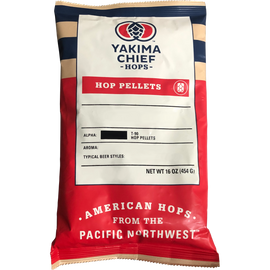Cluster Hop Pellets 1 oz
Brand : YCH Hops
- SKU:
- 2025A
- UPC:
- 840672100178
- Shipping:
- Calculated at Checkout

Introducing our Cluster Hop Pellets 1 oz., a product of mysterious origins, believed to have sprung from a hybridization of varieties brought by English settlers and indigenous hops. These hops are a dual-purpose marvel, offering both bittering and finishing capabilities.
Cluster Hops are a beer maker's dream, boasting an alpha acid specification of 5.5 - 8.5% and a beta acid specification of 4.5 - 5.5%. This means you can expect a medium and well-balanced bittering effect, with no undesirable aroma when used for this purpose.
But the magic of Cluster Hops doesn't stop at bittering. They're also a fantastic finishing hop, adding a unique touch to your brew. The cohumulone content, which is 36 - 42% of alpha acids, contributes to the overall bitterness and stability of your beer.
Now, let's talk flavor. Cluster Hops are known for their floral and spicy aroma, adding a layer of complexity to your brew. The beauty of these hops is that you can control the intensity of these flavors. Add them early in the boil for a more pronounced bitterness, or later in the process for a more subtle, aromatic finish.
So, whether you're crafting a robust IPA or a delicate Pilsner, Cluster Hops offer the versatility to enhance your brew. Remember, your beer is a reflection of you, and with Cluster Hops, you can create a brew that's as unique and complex as you are.
So go ahead, add Cluster Hop Pellets to your brewing arsenal and let your creativity flow. After all, the best beers are the ones that you make yourself.
Alpha Acid 5.5 - 8.5%
Beta Acid 4.5 - 5.5%
Cohumulone 36 - 42% Of Alpha Acids
OTHER PRODUCTS YOU MIGHT NEED
Your yeast selection has a big impact on your overall flavor profile and mouthfeel. You have lots of choices that will work well with Cluster Hop Pellets.
If you are purchasing Cluster Hop Pellets, you're getting ready to make beer and need to wash your equipment.
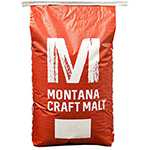 Grains and Malt Extracts
Grains and Malt Extracts
If you need hops, you probably also need grains or malt extracts.
The pot pictured is an 8 gallon pot that is perfect for a beer kit or a standard 5 gallon batch.
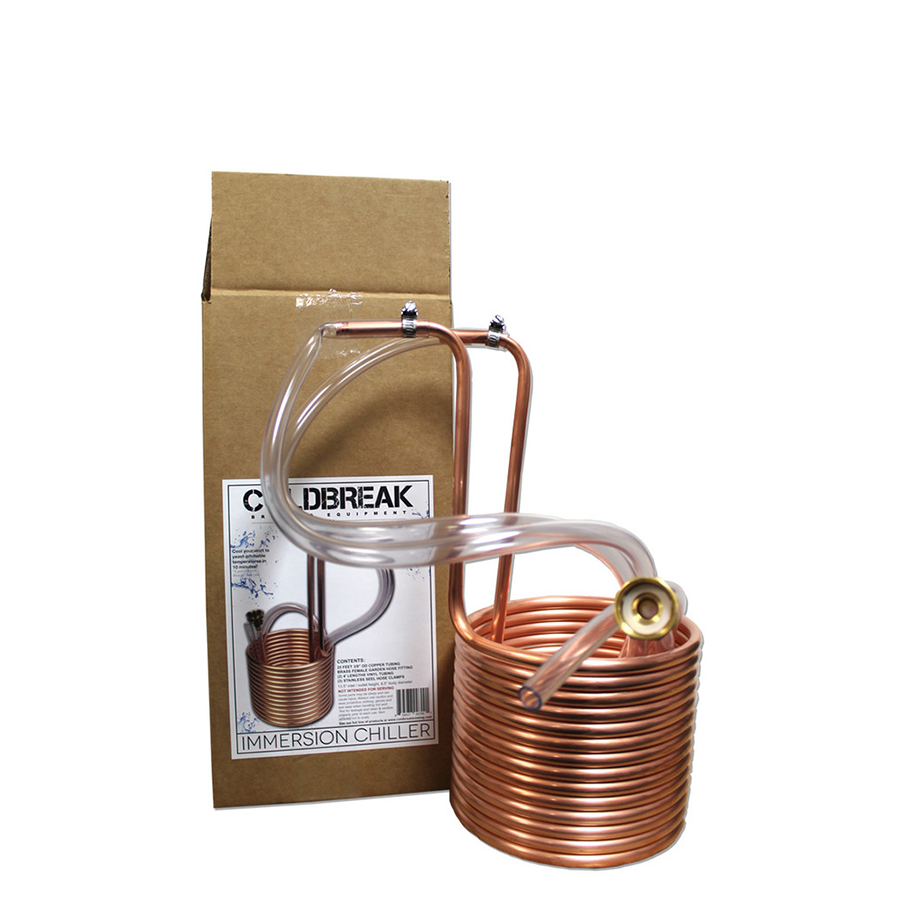 Wort Chillers and Thermometers
Wort Chillers and Thermometers
Wort Chillers and Thermometers are long term investments. It is important to chill your wort quickly. The quicker you chill it the stronger the cold break will be. You also need a good thermometer because high powered boiling changes more rapid temperature fluctuations.
Auto-siphons are a great luxury item to have in your brew equipment. Once you have one you will never go without one again. Don't forget to use a heavy duty sanitizer to clean it since you don't want to replace it as often as hoses. A good sanitizer for that job is Five Star San.
If you are using Cluster Hop Pellets, you are getting ready to ferment some beer. Here's a link to our fermenter equipment.
Many people reuse their hoses for far too long. Replacing your hoses often or even using as single use items is highly recommended with beer making.
Pouring your wort into a carboy can be tricky. Use a big funnel made just for the job. They even have different mesh screens to remove particles.
All that healthy yeast is going to make a lot of gas and you'll be needing an airlock to let it out, and not let anything in. It is recommended to replace airlocks often. Because they never physically touch the beer, the sanitation risk is too often overlooked. Bacteria can spread without physical contact in a closed environment and plastic stubbornly harbors bacteria.
Making a yeast starter is a great way to avoid stuck fermentation and also get high yeast counts that allow the final cells to clean up after themselves, reducing off flavors and aromas. Higher populations means less yeast stress and less risk of off-flavors. They help make better beer and can be used with Cluster Hop Pellets. Use the right equipment to make the job easy. Flask, Foam Stopper, and Airlock.

DID YOU KNOW
Hops are primarily grown in damp temperate regions, with a significant amount of production happening near the 48th parallel north. These plants thrive in the same soil conditions as potatoes, which is why major potato-growing states in the US are also prominent hops producers. However, not all potato-growing regions can naturally produce high-quality hops due to the absence of boron in the soil, as seen in the Maritime Provinces of Canada.









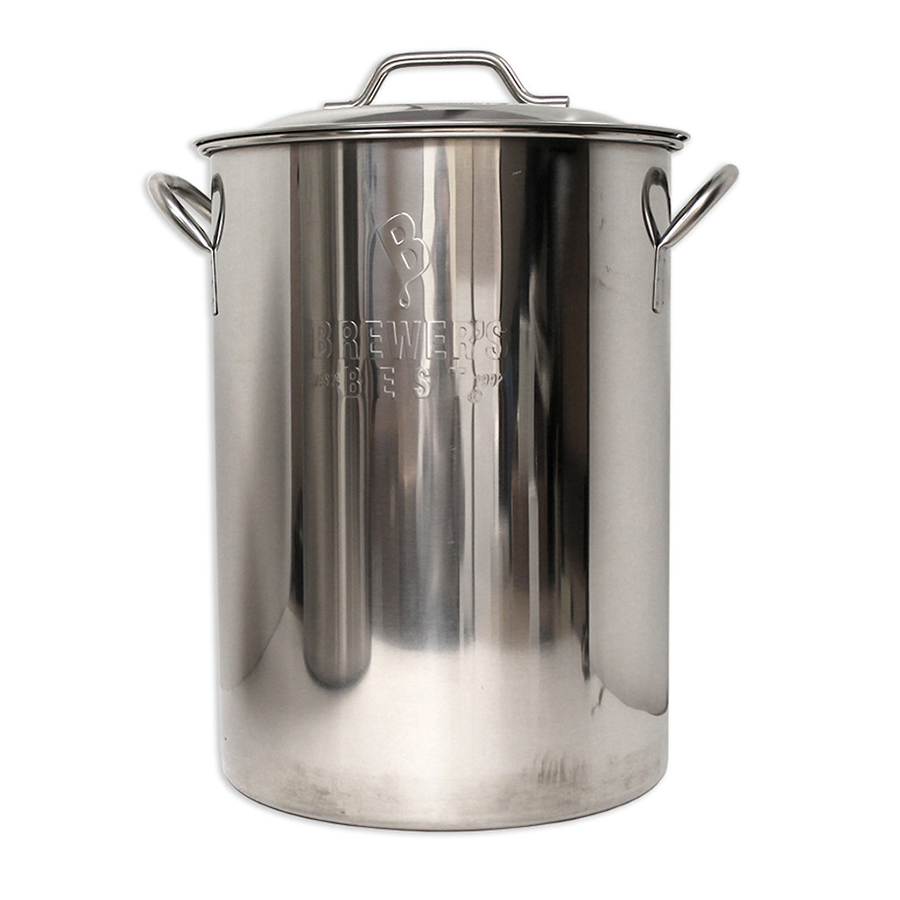 Brew Pots
Brew Pots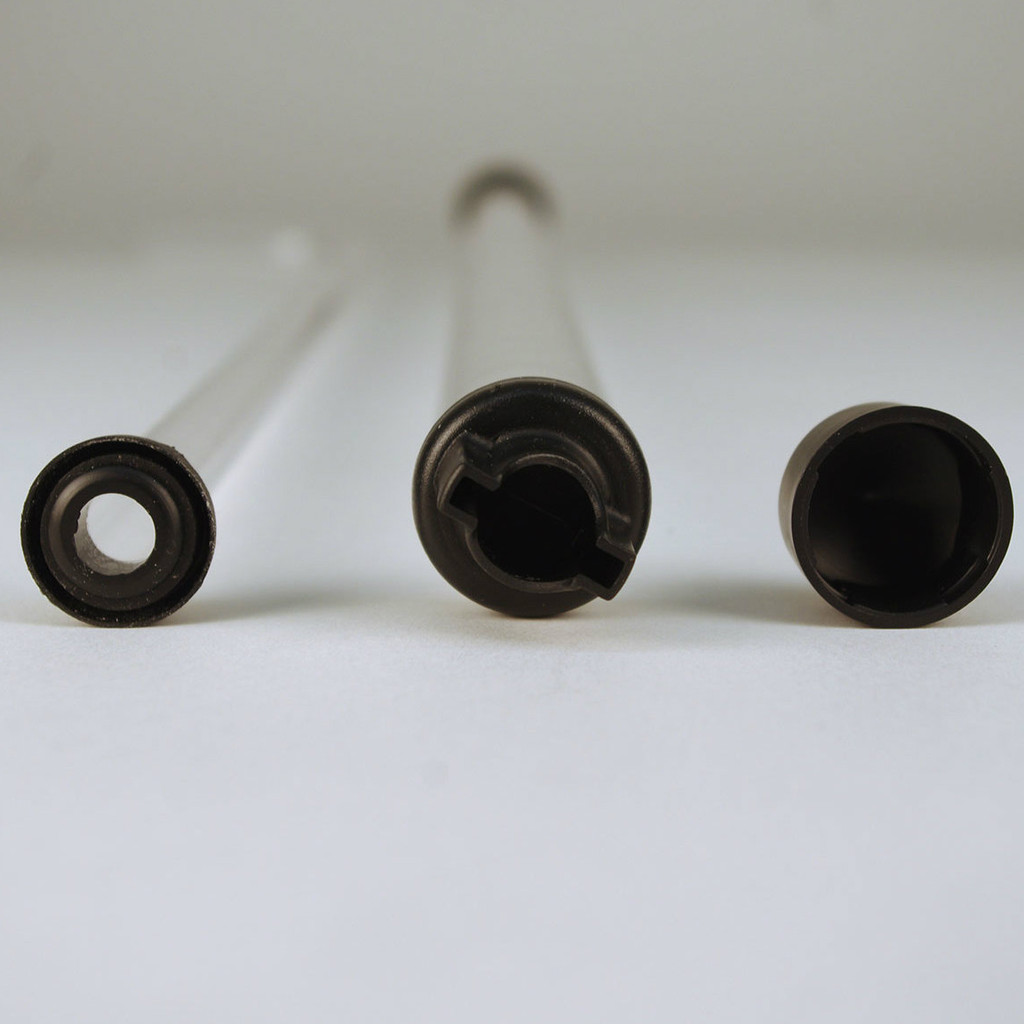 Siphons
Siphons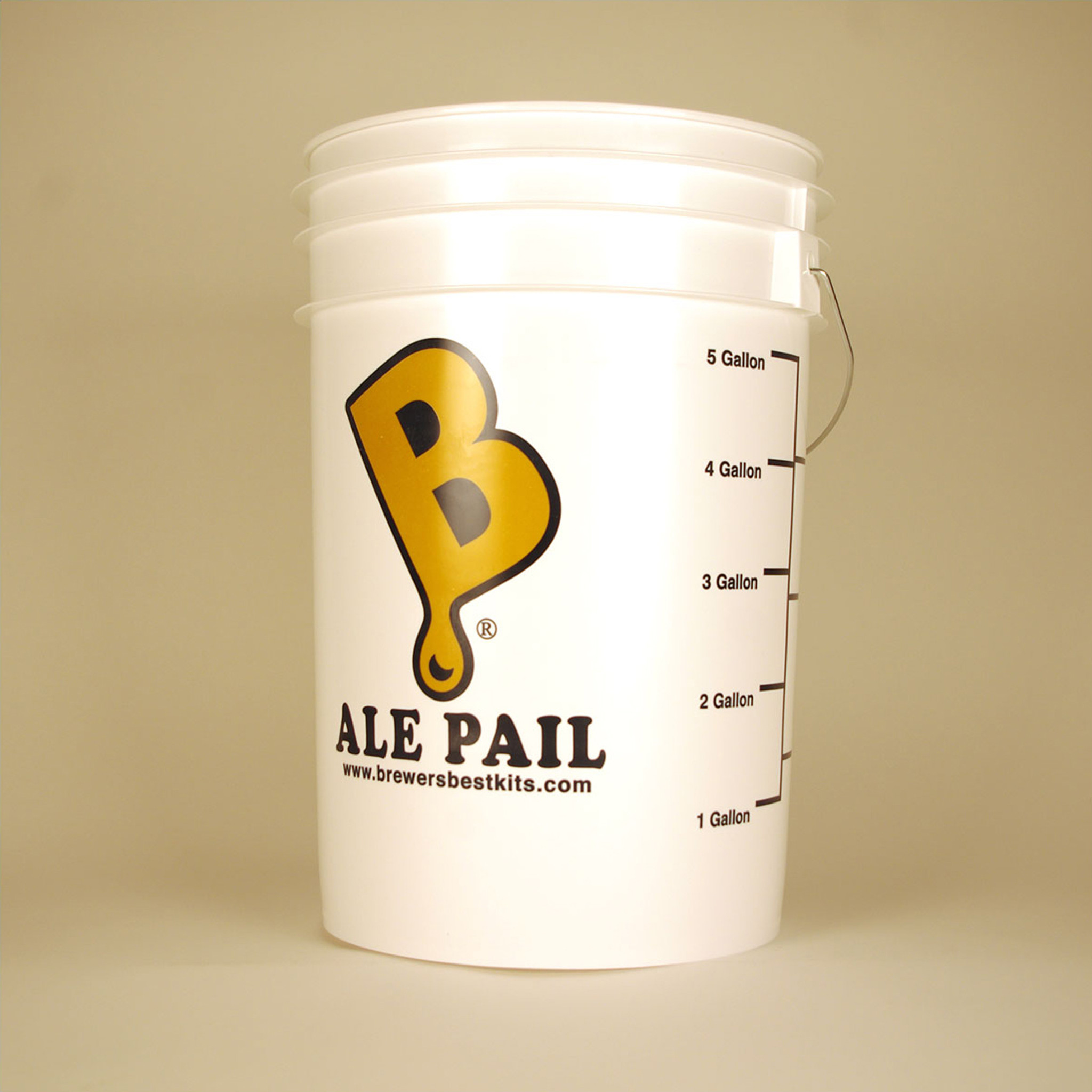
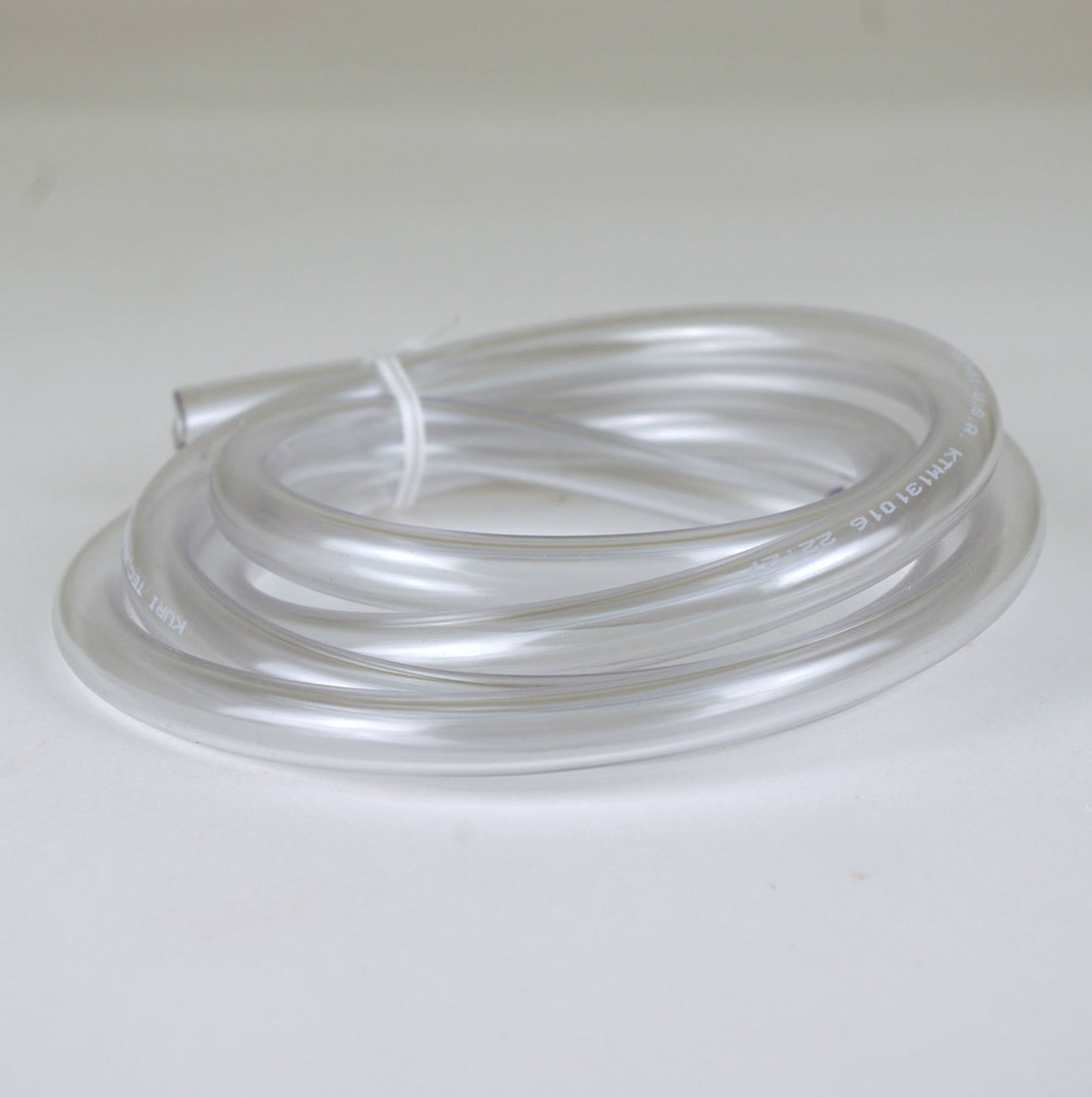 Hoses
Hoses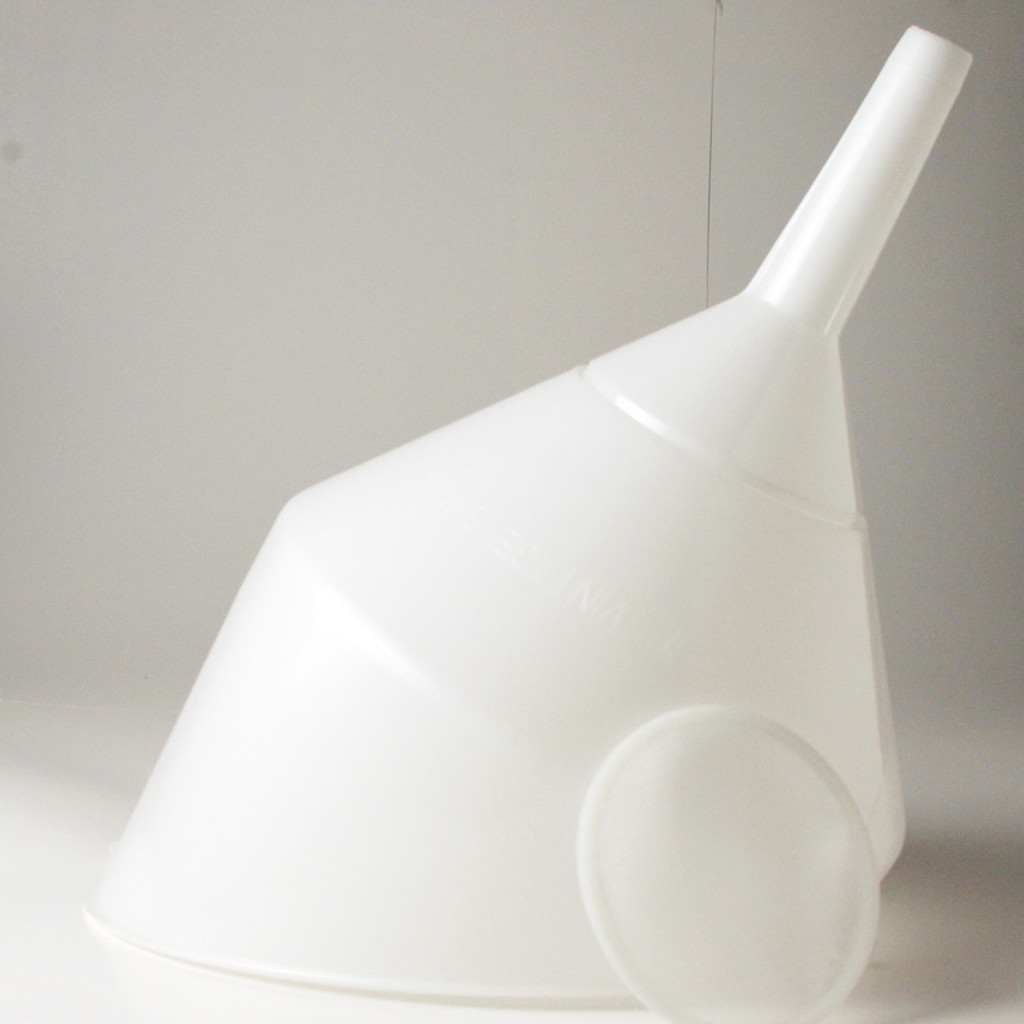 Funnels
Funnels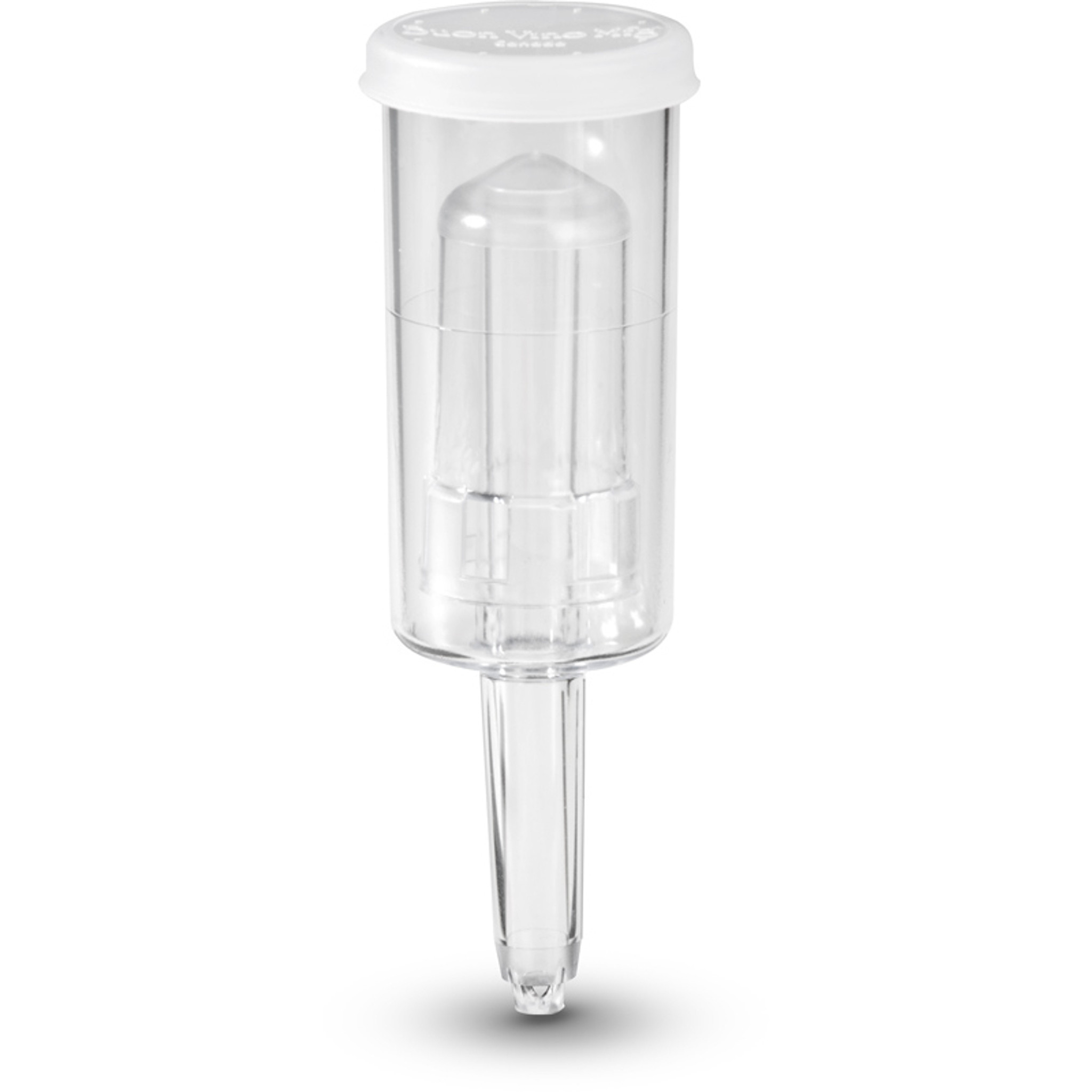 Airlocks
Airlocks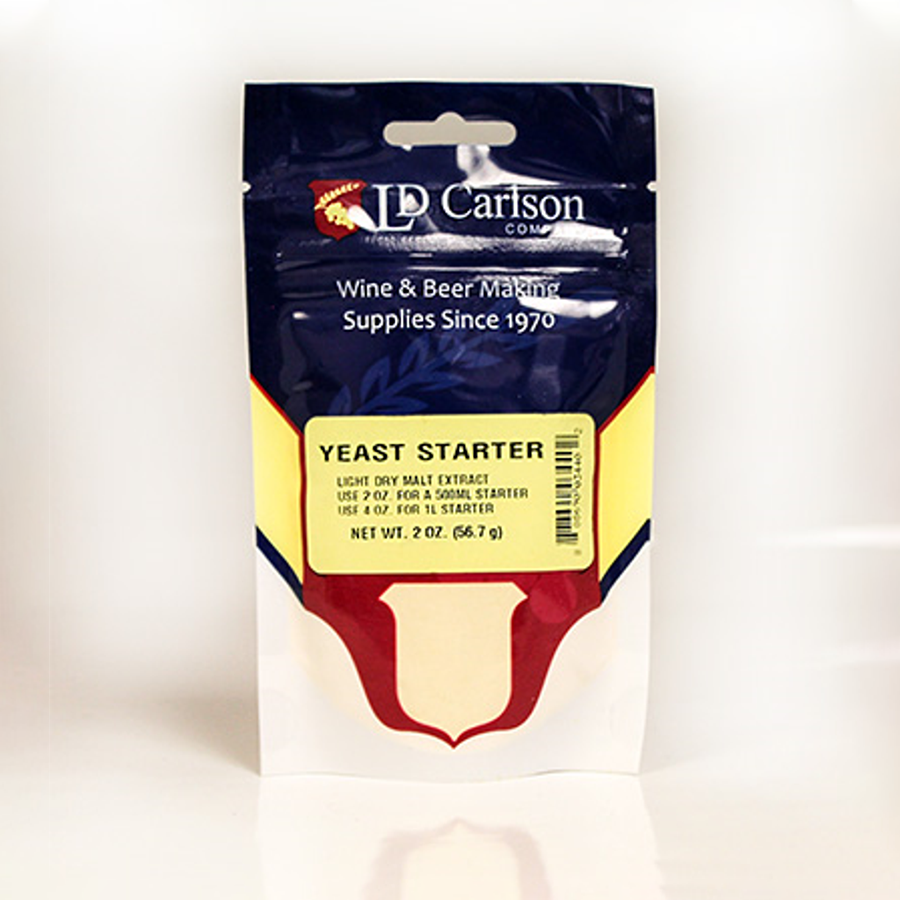 Yeast Starters
Yeast Starters